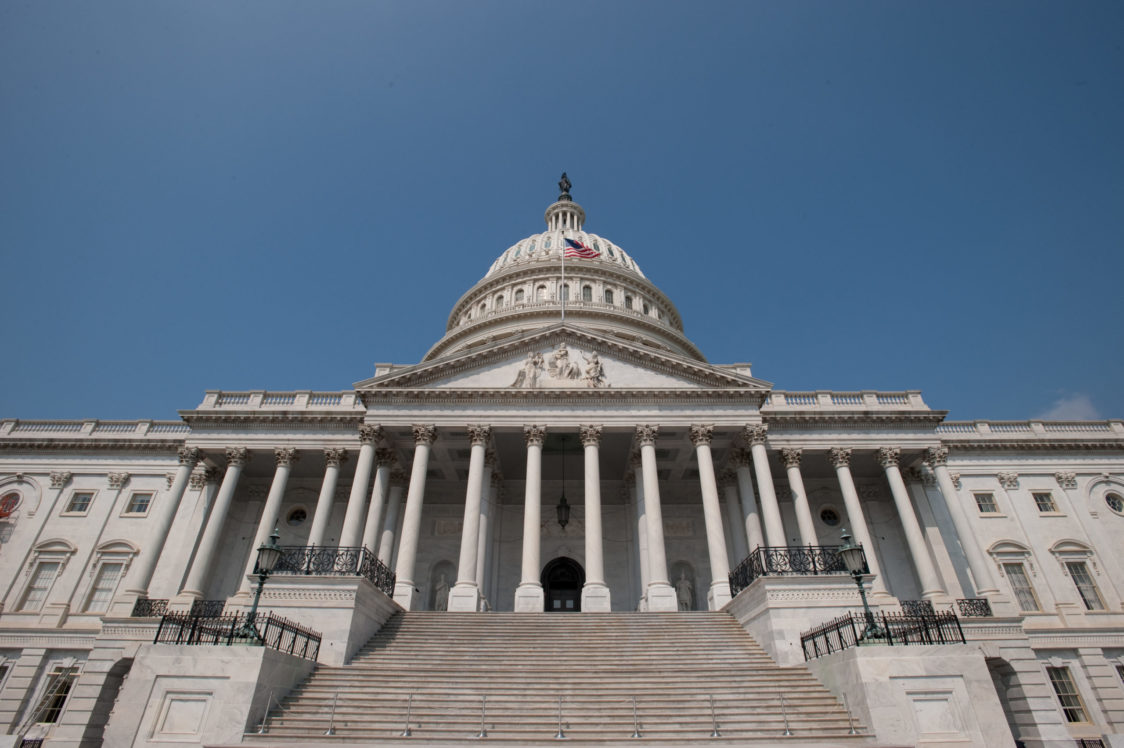As politically split as our country was going into the 2016 election, there is no question that we have become even more divided during the course of the Trump presidency.
Yet some of the measure of that division can be found in the emotional intensity of the partisans on opposing sides. It can be easy to lose sight of the fact that there are discerning Americans that sit along a middle range of our political spectrum.
A new CNN poll conducted by SSRS between Jan. 16-19 — the three days preceding the official start of the Senate Impeachment Trial — evinces this existence of Americans who are still able to think without blind fealty to one of the two legacy parties.
Overall the poll found that Americans favor the president’s removal from office by a 51%-46% margin — a high number for the CNN survey but consistent with an average of polls taken over many months.
It’s the cross-tabs in these polls that tell the deeper tale. Inside that 51-46 spread, self-identified Democrats support Senate conviction 89%-9%, while Republicans reject it 89%-9%. The partisans are mirror images of each other on the issue (and when self-identified as “liberals” and “conservatives” answer, the difference is much the same).
But in the middle, Independents are nearly evenly split, with conviction and removal retaining the edge at 48%-46%. Interestingly, while the I’s are balanced in their answers — they clearly take a position. While overall only 3.5% are undecided on the question, that figure only jumps by two points with the I’s.
Now dig deeper. Before Senators ever get to their obligation to vote on conviction, the first urgent question has to do with whether the GOP Majority will allow witnesses to appear in the trial who did not appear in the House. The answers in the CNN poll to this question reveal an even stronger level of open-mindedness among I’s — even the ones who are currently against getting rid of the president.
An overwhelming proportion of Americans say they want to see testimony from witnesses: 69%-26%. Within that number, the Independents are an identical 69%-26% on the question. If you follow the news during the trial, you’ll see and hear that 69% number again and again. Politically, it’s important. And politicians are the ones who’ll decide these questions.
GOP Majority Leader Mitch McConnell is using all of his Senate acumen to try to avoid permitting witnesses. He needs 50 of the 53 in his caucus to hold firm. The Democrats’ challenge is to flip four “moderate” GOP Senators who they’ve already targeted: Susan Collins (ME), Lamar Alexander (TN), Mitt Romney (UT) and Lisa Murkowski (AL). While each of those Senators have different reelection issues in their respective states (and careers), ostensibly they care about moderate voters enough to take note of poll numbers.
Yes, you would hope that all of these elected officeholders would be acting solely based on the oath they took to the U.S. Constitution. But this is politics, where holding onto one’s job is always a consideration. As Upton Clair famously wrote: “It is difficult to get a man to understand something, when his salary depends on his not understanding it.”
What’s going on right now is a public relations battle in real time. Those four Senators, to the degree they are seriously on the fence about this question, will be paying attention not just to the numbers cited above, but to how they’re being portrayed and reacted to in national and local media over the next several days.
Of note, 48% of Republicans in the poll favor the allowance of witnesses — far higher than the 89% of R’s who believed before the trial started that there should be no conviction. This implies that there are plenty of partisans out there whose opinions might still be changed yet, or who are at least curious to learn more before an official judgment is rendered. While very few of those GOP respondents are ultimately likely to vote for a Democratic Senate nominee in those swing states where Republican incumbents are up for reelection, it’s still a poll number that will raise some strategists’ eyebrows.
One final note of interest in this poll is the split among Independents in the battleground states on the question of conviction and removal. The 51%-46% in favor drops to a tie at 49%. But among I’s, it jumps from 48%-46% to 56%-40%.
These states are called “battlegrounds” for a reason — all of them have the possibility to go either way in the 2020 presidential election (Arizona, Colorado, Florida, Georgia, Maine, Michigan, Minnesota, Nevada, New Hampshire, New Mexico, North Carolina, Ohio, Pennsylvania, Virginia and Wisconsin). So the folks who believe that the whole impeachment drama helps the president in his reelection campaign might want to take a second look at the latest numbers.


